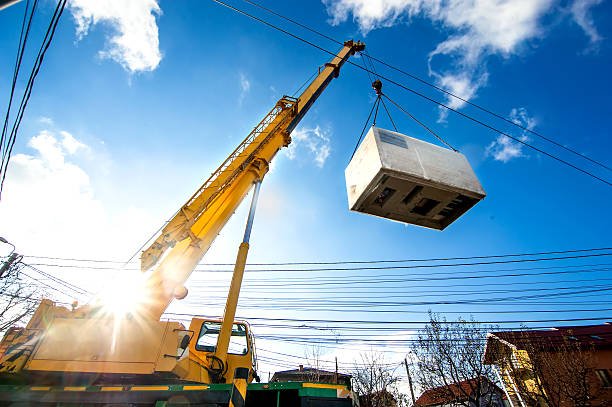Asset Integrity Management – One Day USD 150 / Two Days USD 250 Per Pax

Description
-
Introduction to Asset Integrity Management (AIM)
-
Definition, scope, and objectives of AIM
-
Importance in oil & gas operations
-
Overview of regulatory and industry standards
-
-
Asset Lifecycle Overview
-
Phases: design, construction, operation, maintenance, and decommissioning
-
Key factors affecting asset performance and longevity
-
Integration with operational and maintenance strategies
-
-
Risk-Based Asset Integrity Management
-
Principles of risk assessment and mitigation
-
Identification of critical assets and potential failure modes
-
Risk prioritization techniques
-
-
Inspection and Monitoring Strategies
-
Non-destructive testing (NDT) methods
-
Visual, ultrasonic, and advanced inspection techniques
-
Data collection and analysis for integrity assessment
-
-
Corrosion Management
-
Types of corrosion and degradation mechanisms
-
Corrosion monitoring techniques
-
Protective measures and material selection
-
-
Maintenance Strategies for Asset Integrity
-
Preventive, predictive, and condition-based maintenance
-
Reliability-centered maintenance (RCM) concepts
-
Maintenance planning and scheduling best practices
-
-
Integrity Management Systems and Standards
-
API, ISO, and other industry standards
-
Implementing AIM systems in organizational processes
-
Audits, documentation, and compliance
-
-
Data Management and Analytics for Asset Integrity
-
Collecting and managing inspection and maintenance data
-
Analytics for predicting failures and optimizing maintenance
-
Role of digital twins and IoT in AIM
-
-
Safety, Health, and Environmental Considerations
-
Ensuring safe operation of assets
-
HSE impact of integrity failures
-
Integrating AIM with HSE management systems
-
-
Incident Investigation and Lessons Learned
-
Root cause analysis for asset failures
-
Implementing corrective actions and preventive measures
-
Knowledge management and continuous improvement
-
Implementation Strategy and Organizational Integration
-
Building a culture of asset integrity
-
Training, responsibilities, and accountability
-
Developing policies and procedures for AIM
-
Future Trends in Asset Integrity Management
-
AI, predictive analytics, and digital twins
-
Remote monitoring and automation
-
Sustainability and lifecycle optimization in energy assets





